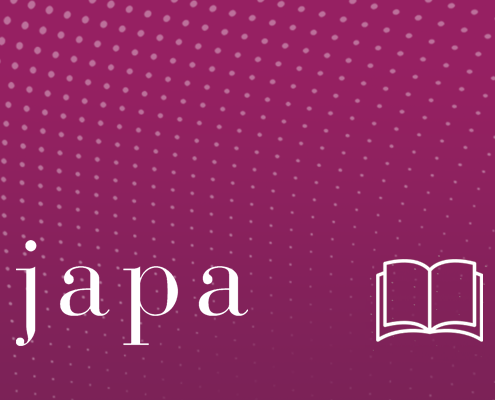Please join us for a series of conversations
Time: Saturday mornings, 11:00 to 12:30 EST
7 sessions
2024: September 14, October 26, December 14
2025: January 11, February 22, March 8, April 12
Presented by the Committee on Women and Psychoanalysis of the International Psychoanalytic Association International Psychoanalytical Association (IPA) (COWAP North America) North America, and sponsored by the Washington Center for Psychoanalysis. Organizing Committee: Chair: Margarita Cereijido, Co-chair: Catherine Mallouh, Members: Anne Adelman, Janice Lieberman, Jill Gentile and Jeri Isaacson.
Via Zoom
CME/CE Offered
Registration Link:
https://wbcp.memberclicks.net/registration_cowap_women_revolution_2024-2025#!/
To see the full list of presenters and session descriptions please view the full program flyer:
https://wbcp.memberclicks.net/assets/docs/PR/24-25/V3%20of%20COWAP%20Women%20The%20Longest%20Revolution%20%28Final_No%20Bios%29.pdf
Presenter Bios:
Upcoming Session:
September 14, 2024
Session 1: The Female Psychoanalyst’s Longest Revolution
Panel: Virginia Ungar in conversation with Margarita Cereijido, and Margarita Valladares
Notions of woman and the feminine have changed dramatically over the last decades and this is reflected in how women perceive themselves, how they are perceived by society, and how this is understood from a psychoanalytic perspective. Inspired by the title of Juliet Mitchell’s iconic book, Women: The Longest Revolution, we will explore the ongoing changes experienced by the female psychoanalyst, including analytic training and later professional life. It will discuss issues about prejudice, authority, and working online. Virginia Ungar will talk about her challenges as the first IPA woman president in 102 years, and will have a conversation with Margarita Valladares, a psychoanalytic candidate, and Margarita Cereijido. The audience will reflect with the presenters about how our thinking has changed.




